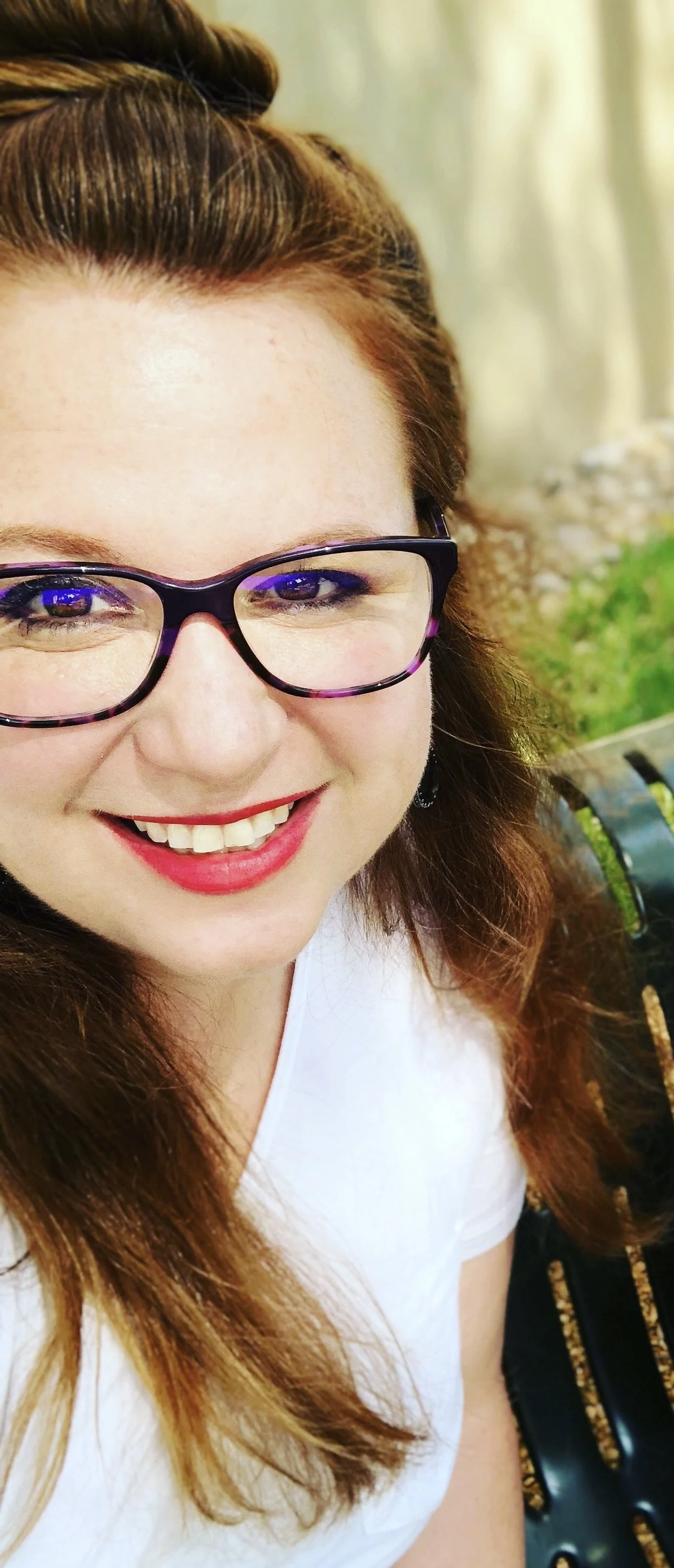I am a historian of method and of the nineteenth- and twentieth-century South. My work centers questions about memory, violence, and archival silences as they discipline the role of the historian. My dissertation, The Resistance Archive of Ghosts, sits at the intersection of archival theory and historical narrative, engaging interdisciplinary conversations about the philosophy of history.
The Resistance Archive of Ghosts was birthed of lingering questions about historical erasure, haunting, and the limits of the archive. Ghost stories, I argue, are narratives that preserve what official archives omit and keep alive what memory regimes attempt to silence. This shift reframes how historians engage with the non-archival, providing a new evidentiary terrain—a resistance archive—that contains stories about the past that become legible through ghosts as historical method. I explore ghost stories as historical method and speculative history—an alternative historiography operating parallel to official scholarly narratives. Through a case study of Historic Washington State Park, I show how hauntings mark the racial and political landscape of the South and how historians can utilize stories about ghosts to critically fabulate in spaces of archival erasure.
I take the critique of dark tourism by Tiya Miles seriously; however, my work reframes the stakes of ghosts as epistemological method. This is what David Glassberg calls our sense of history, a comparison of what should be present (based on known patterns of the past) with what is missing. We experience that disjuncture as an uncanny disturbance in the presentation of the past. My work draws from Avery Gordon, Michel-Rolph Trouillot, Carolyn Steedman, and Hayden White. I weave questions from psychology, philosophy, and trauma studies through traditional archival research and lyrical memoir, revealing the poetry of place and the meaning of ghosts to the study of the past.
My method is rooted in the earliest work I ever did as a historian. In the final year of my undergraduate study, I met my first archive and learned how much of the past is held together by silence. I began with gritty local history, tracing the life of Alexander D. Scott, a seemingly ordinary man—once a Confederate soldier, later a member of the Peace Party—who was executed during the Great Hanging at Gainesville, the largest mass-hanging in U.S. History. That project revealed the violence of omission as clearly as any document: how a community’s memory can disfigure an event until only fragments of truth remain. The work received the award for the Best Undergraduate Research Paper at the University of North Texas in 2017 and was later published in Touchstone Magazine, but more importantly, it introduced me to the mechanisms of erasure that continue to shape my method today.
The work of history has always been intimate for me—rooted in places and bodies and the fragments of past communities that survive in the archive. The semester after the Scott project, I returned my attention to the ground I walked on every day in North Texas. I worked alongside descendants of the St. John’s freedmen’s settlement in Pilot Point, Texas, to document the history of their churches, schools, and cemetery through the co-creation of an Omeka-based digital archive, Uncovering St. John’s. That collaboration taught me that scholarship is also a form of public service: I successfully advocated for county-level funding to care for the long-neglected cemetery, and, with the Denton County Office of History and Culture, prepared the successful Untold Stories grant application supporting the Texas Historical Marker for St. John’s Cemetery.
As I researched the community’s dissolution, I began to trace patterns of structural, traditional, and atypical violence surrounding St. John’s in the 1920s. That work led me to 522 E. Burks Street, once home to the St. James Church built by the same hands that built the St. John’s Community. When I discovered the building was slated for demolition, I organized a public campaign to stop it and worked with the Equal Justice Initiative to help publicly acknowledge Denton County’s victims of lynching. These efforts affirmed for me that historical method is inseparable from the ethics of care and the politics of what survives.
This research unfolded alongside my master’s thesis, In the Tall Grass West of Town: Racial Violence in Denton County During the Rise of the Second Ku Klux Klan. There I argued that “lynching” is a term that only exists within its own political gravity and that archival traces of racial violence against the St. John’s and broader Pilot Point freedmen’s community were systematically erased. With so few scraps left to tell the story of the community I had come to love, I turned to method—building a cliometric study of local newspaper coverage of violence, arrests, and the Ku Klux Klan. I uncovered a pattern of rhetorical buildup followed by violent catharsis, allowing us to reach cautious conclusions about additional acts of racial disappearance in the early 1920s. When the pandemic halted in-person fieldwork, I redirected that momentum into Rethinking Violence, a hybrid digital humanities project that returns endangered records of racial violence to the people of Denton County.
My teaching grows from the same commitments that shape my scholarship: murk, care, and the ethics of repair. I build classrooms where students learn that uncertainty is not a failure of knowledge but a method—an invitation to question how stories are made, whose voices were amplified, and whose were erased. I design inquiry-driven courses that return power to students as authors of argument, whether they are reconstructing nineteenth-century conspiracy theories from digital archives or negotiating civil rights policy in our “Democracy Game.” I teach hard histories without spectacle, preparing students to face violence with rigor and care rather than guilt or detachment. Respect and humor shape the atmosphere; clarity and bravery shape the work. My goal is for students to see the past not as a closed script but as an unfinished argument—and to recognize themselves as participants in the ongoing project of building a more honest public life.
